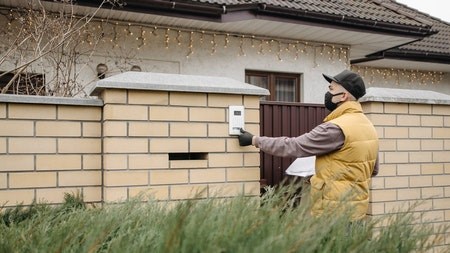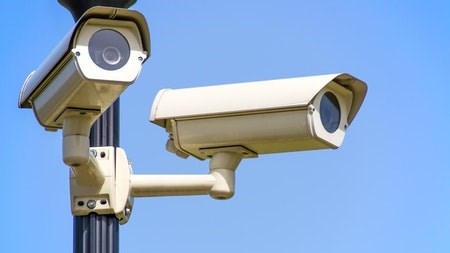Security is a significant concern for most homebuyers, but it is sometimes overlooked in the hustle and bustle of moving.
Shaun Rademeyer, chief executive of bond originator BetterLife Home Loans, offers some tips for ensuring that you and your newly relocated belongings are safe and secure.
- Change the locks. You don’t know who the previous owners might have given spare keys to, so it’s best to start afresh. Before moving into your new home, replace all the existing exterior locks and make sure all the keys are in your possession.
- Ensure that all sliding doors and windows have sturdy burglar bars or security gates and fit correctly in their frames. You may also want to install safety chains and spy holes on solid doors and fit additional anti-lift devices to sliding doors.
- If there is no alarm system, have one installed before you move. If an alarm system is already installed, get the previous home owner's instruction manual and emergency numbers. Then, change the security codes and passwords. It would be best to regularly have the alarm system checked after you move in and change your passwords from time to time.
- Ensure the alarm system has an exterior siren to alert neighbours and passers-by if the alarm goes off. Burglars know that the police or security companies can't respond that fast if they trigger the alarm, so they make sure to be in and out quickly. However, they may be deterred by the fear of having other witnesses.
- If your new home already has CCTV, check that the system is working. In addition, you might consider installing a camera security system linked to your Smartphone before you move in, as these have proved to be strong burglar deterrents.
- Check to see how vulnerable the property is. Then, stand outside and imagine how you would get in if you were locked out. The first thing you think of is probably how a burglar will get in. It would help if you addressed these safety concerns before moving in - whether it's a branch hanging over the wall or a garage door without a lock.
- Install lights. Criminals don't want to remain unseen, so make sure the whole property is well-lit at night. You can also set timers to turn interior lights on and off when you are away to create the illusion that someone is home.
- Don't leave furniture or belongings in the front garden or on the pavement in full view when you move. You don't want burglars to start making their inventory. Rather have everything carried inside the house immediately, even if it takes time to sort out.
- If possible, hang curtains or blinds before you move in so that the layout of your furniture and the location of your belongings aren’t visible from the outside.
- Introduce yourself and your family to your new neighbours as soon as possible and join the local neighbourhood watch if there is one. This will assist you in fitting into your new community and making friends that will look out for you and your home as you look out for them.
- Before moving, check your household insurance policy to see what it covers and what changes you might need to make. It’s also a good idea to mark any valuables by engraving them with your ID number. Make a habit recording of all their serial numbers and take photos of jewellery, watches and other unique items like coins and artwork so that they can be easily identified if thieves are caught with them or try to sell or pawn them.
Remain security conscious even after the move. For example, don't leave any ladders, tools or equipment out in the garden, as these could tempt opportunistic thieves to gain access into your home. Likewise, don't leave a spare key under plant pots, rocks or doormats. Instead, ask trusted neighbours to take care of them if you need to give access to friends or family members while you are not at home.





